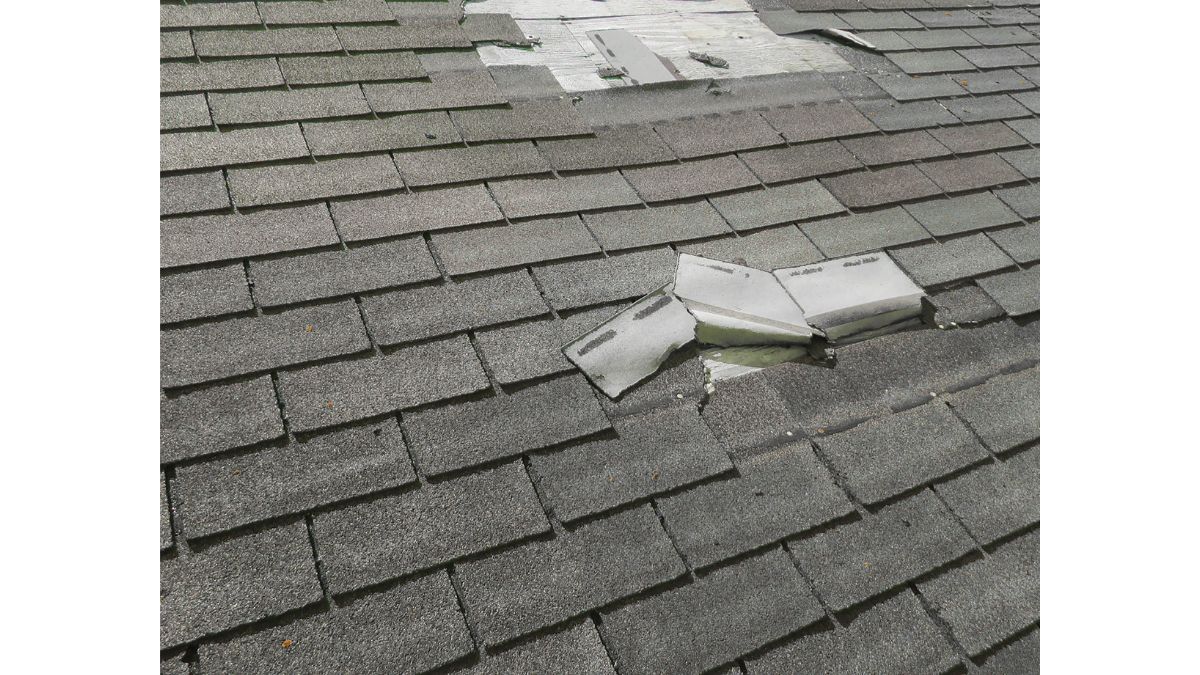Cook County Commissioner Frank J. Aguilar Introduces Ordinance to Create a Property Tax Credit Program for Storm Relief

![]()
Cook County Commissioner Frank J. Aguilar Introduces Ordinance to Create a Property Tax Credit Program for Storm Relief (Cook County, IL) — On Thursday, July 20th during the Cook County Board of Commissioners meeting, Cook County Commissioner Frank J. Aguilar (16th) introduced a property tax credit for uninsured and underinsured homeowners who experience damages due to storms and flooding. The ordinance moved forward to the Finance Subcommittee, where it will undergo further discussion and evaluation.
Flooding and flood mitigation are significant issues in Cook County that plague thousands of residents every year. Flooded homes require immediate remediation to salvage the properties afflicted. The structural damage to buildings and homes caused by flood water can be catastrophic, and the cost to property owners can be a burden that results in the abandonment of property.
The ordinance is aimed to provide relief to Cook County property owners, who otherwise would be forced to incur and expend unforeseen costs due to storm damage. The economic impact of flooding can be financially devastating because for so many residents, homeownership is their pathway to generational wealth, particularly in communities of color, communities that are already vulnerable, and communities that already lack livable, affordable housing.
“Throughout Cook County, homeownership is one of the best ways to ensure some sort of generational wealth,” said Commissioner Aguilar. “When homes are damaged, it can take years for residents to get back to a level of economic comfortability that homeownership should lead to. This ordinance will put money back in the pockets of our residents so that they are able to prevent wide-scale loss of home value in the present, which will protect their livelihoods for decades to come.”
Rates and severity of flooding in various parts of Cook County are contingent upon not only rainfall, but on the underground water removal and sewage system. Throughout Cook County, small towns and villages are incapable of managing the stormwater that is thrusted upon them by other municipalities. As a result of climate change, extreme weather events are becoming more devastating, causing these local municipal systems to be more frequently overwhelmed.
In an effort to alleviate part of the financial burden to Cook County residents and businesses caused by catastrophic storm water, the ordinance would establish a real Property Tax Credit Program for disaster relief. The Relief Program will allow property owners who undertake certain types of storm damage repairs or remediation to submit provable evidence of the costs of the repairs to Cook County, which, if approved, would allow for a real property tax credit in the amount of the provable repairs.
If affected municipalities elect to participate, the Tax Credit will not exceed the amount of the real property tax bill for that tax year, as assessed on behalf of Cook County and the municipality where the property is situated. As proposed, the financial responsibility of the Tax Credit will be borne on a pro rata basis among Cook County and all the taxing districts located within the corporate limits of any municipality which passes an ordinance or resolution electing to participate in the Relief Program.
Municipalities that wish to participate must submit their request to Cook County within 30 calendar days of the declaration of a disaster. If municipalities do not pass, approve, and submit an ordinance or resolution electing to participate in the Relief Program to Cook County within 30 calendar days of the passage and approval of this ordinance, such municipalities will be ineligible to participate in the Relief Program for this disaster.
Cook County Commissioner Frank J. Aguilar Introduces Ordinance to Create a Property Tax Credit Program for Storm Relief








Responses